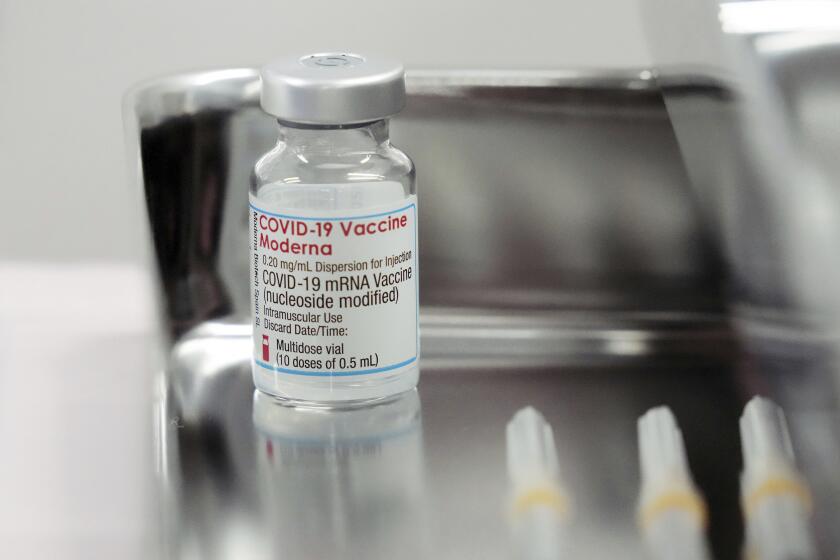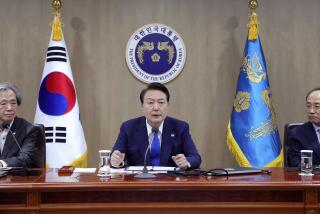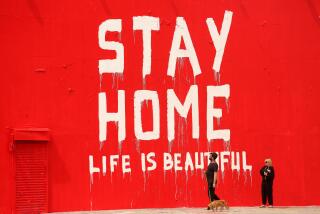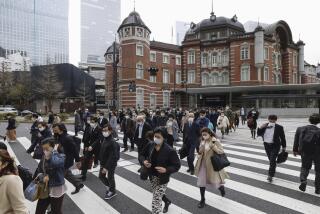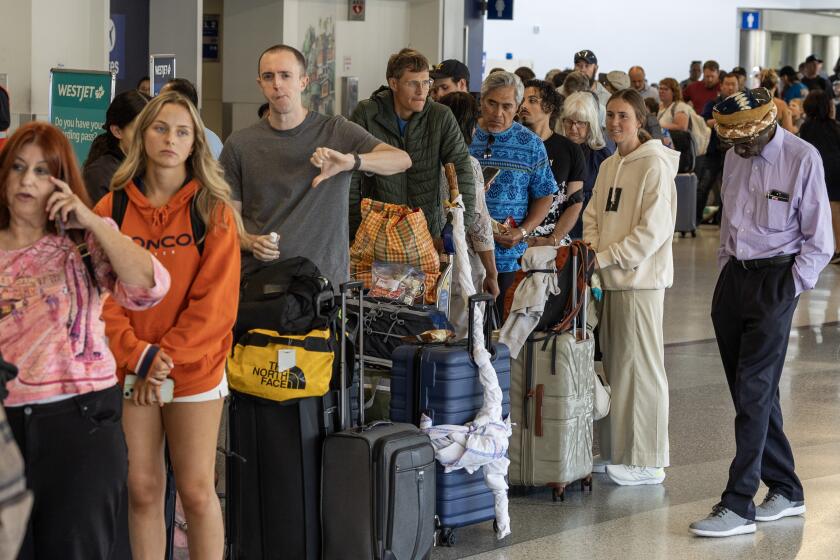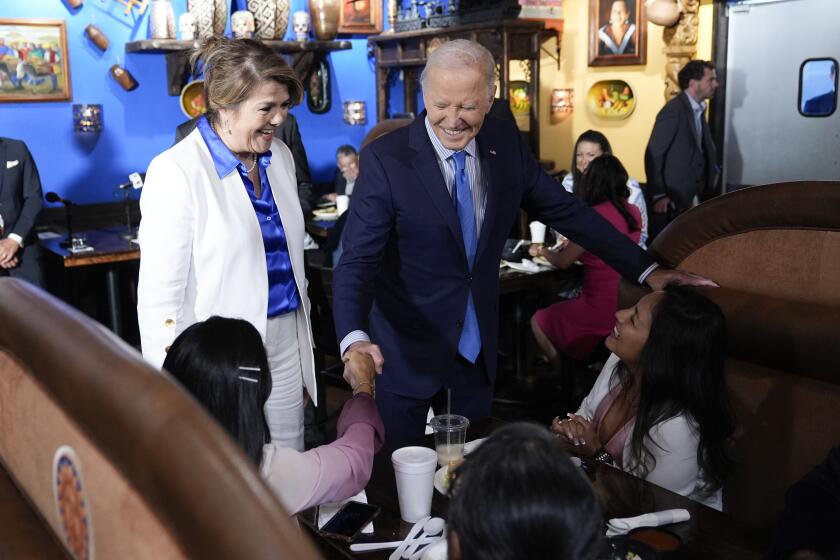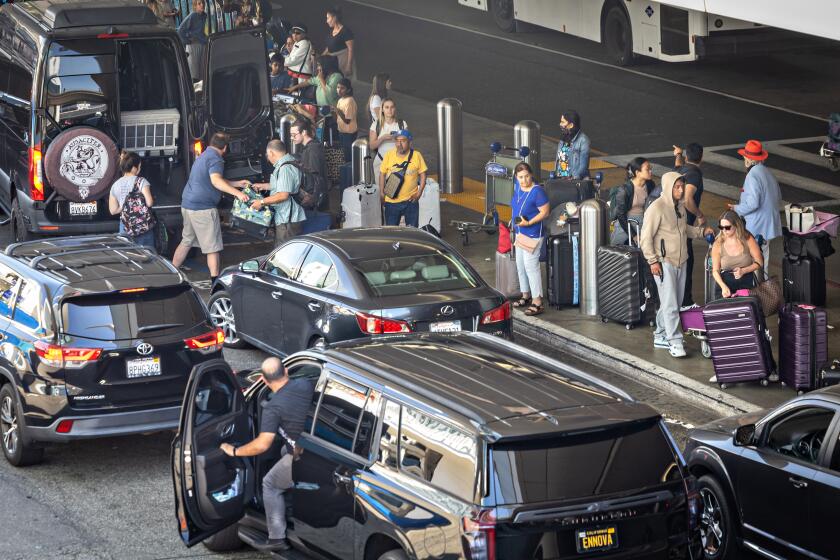Japan to lift its six-month coronavirus state of emergency
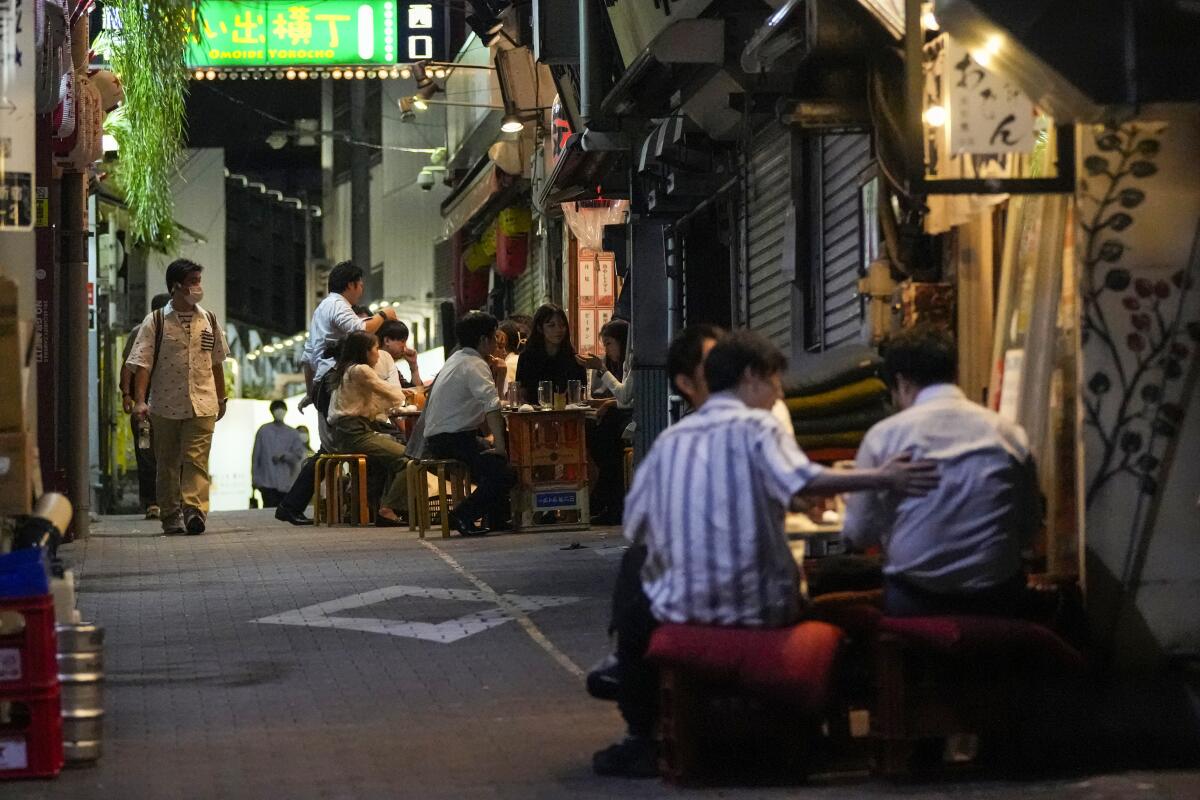
Japan’s government announced Tuesday that the country’s coronavirus state of emergency will end this week to help revive the economy as infections slow.
Prime Minister Yoshihide Suga said the emergency would end Thursday and coronavirus restrictions would be eased gradually “in order to resume daily lives despite the presence of the virus.” He said the government would create more temporary COVID-19 treatment facilities and continue vaccinations to prepare for any future resurgence.
Government officials are also instituting other plans such as vaccine passports and coronavirus tests, Suga said.
With the lifting of the state of emergency, Japan will be free of emergency requirements for the first time in more than six months.
Japan’s current state of emergency, declared in April, was repeatedly extended and expanded. Despite public weariness and frustration over the measures, Japan has managed to avoid the more restrictive lockdowns imposed elsewhere while recording about 1.69 million coronavirus cases and 17,500 deaths from COVID-19.
The emergency has mainly involved requests for restaurants and bars to reduce their hours and not serve alcohol. Governors in Tokyo, Osaka, Hyogo and Kyoto have said they plan to keep those requests in place while closely monitoring the virus situation.
Japan’s suspension of 1.63 million Moderna COVID-19 vaccine doses over contamination concerns comes as the country grapples with a coronavirus surge.
Japan is eager to expand social and economic activity while balancing the need to prevent another wave of infections. The government, which is in transition as the ruling party chooses a replacement for Suga later this week, is under pressure to maintain an effective coronavirus strategy ahead of parliamentary elections in two months.
Eateries and other commercial establishments currently requested to close early should gradually return to their normal hours while the authorities reinforce the healthcare system, officials said.
“Lifting of the emergency doesn’t mean we are 100% free,” Dr. Shigeru Omi, the government’s top medical advisor, told reporters. “The government should send a clear message to the people that we can only relax gradually.”
He urged authorities to quickly tighten controls if there are early signs of a resurgence ahead of holiday periods.
News Alerts
Get breaking news, investigations, analysis and more signature journalism from the Los Angeles Times in your inbox.
You may occasionally receive promotional content from the Los Angeles Times.
The infection rate started to worsen in July and peaked in mid-August after the Tokyo Olympics, surging above 5,000 daily cases in Tokyo alone and topping 25,000 nationwide. Thousands of patients unable to find hospital beds had to recover from the illness at home.
Olympics and government officials deny that the Games directly caused the surge, but experts said the festive atmosphere made people more socially active and was indirectly responsible.
Suga decided to step down as premier and as his party’s leader after facing criticism over his government’s coronavirus measures and his insistence on holding the Olympics during the pandemic despite public opposition.
Daily reported coronavirus cases have fallen to about 2,000, less than one-tenth of the mid-August peak. Experts attribute the declining numbers to the progress of vaccinations — 58% of the population is fully vaccinated — and to people increasing their social distancing efforts after being alarmed by the strain on healthcare.
The government’s vaccinations minister, Taro Kono, recently said Japan was preparing to administer booster shots to medical personnel by the end of this year and to older people early next year.
More to Read
Sign up for Essential California
The most important California stories and recommendations in your inbox every morning.
You may occasionally receive promotional content from the Los Angeles Times.
